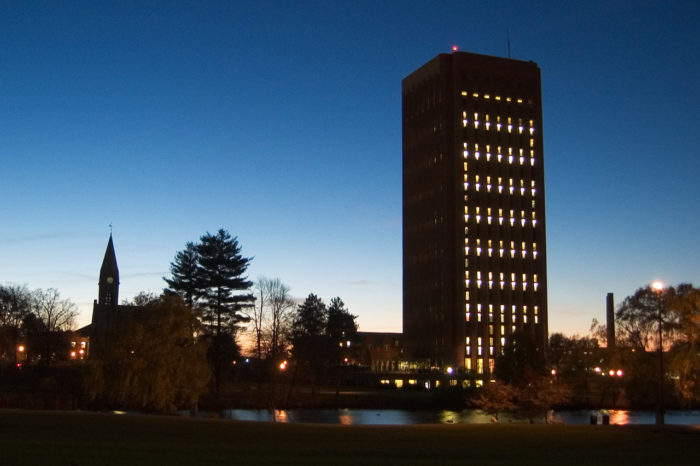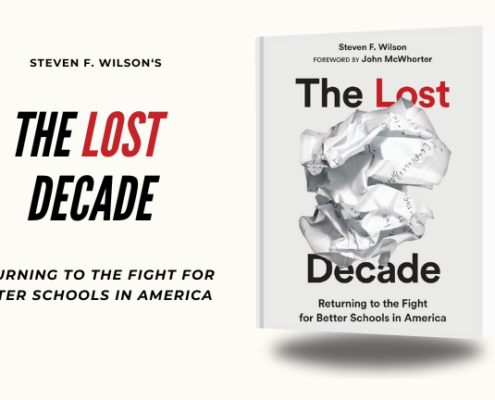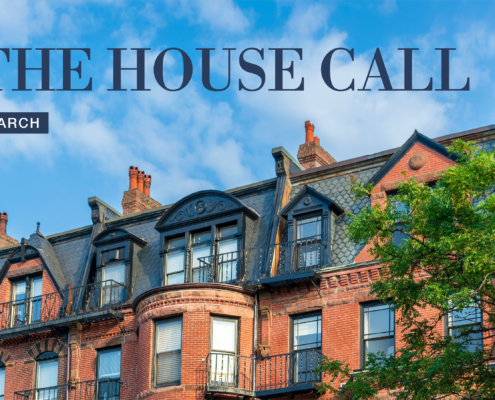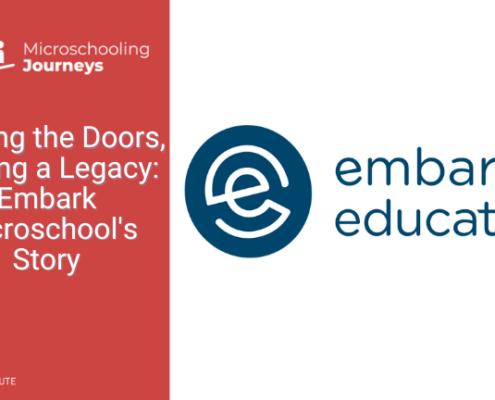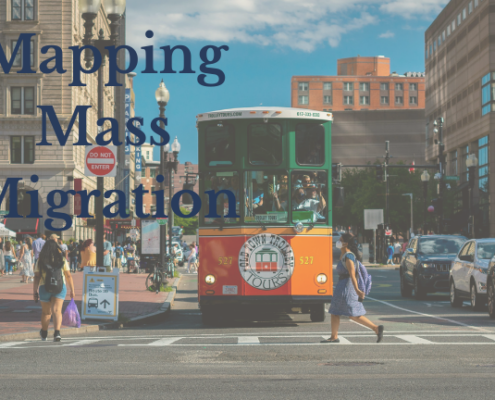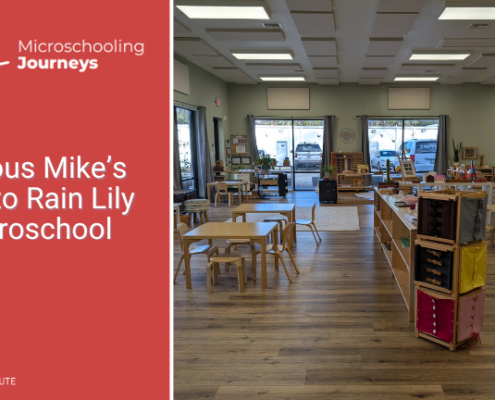Public Statement: Admission Bias Against Massachusetts Residents
Freshman admission to the University of Massachusetts’ flagship Amherst campus is more competitive for the Commonwealth’s students than for out-of-state applicants, as reported in Pioneer Institute’s study, “Differentiating Admissions Standards at UMass-Amherst to Meet Out-of-State Enrollment Targets.”
For instance, in the fall of 2016, the average combined SAT scores of accepted, in-state, first-time degree-seeking Massachusetts students were 23 points higher than the average of similar students accepted from out-of-state. The numbers imply that Massachusetts residents are held to a higher admissions standard. The pattern of accepting out-of-state students with lesser academic credentials than in-state students has been consistent since at least 2010, with respect to both combined SAT scores and high school grade point averages.
Solutions
There are solutions to the perverse outcome of current UMass admission policies. One example is the University of California. The UC system had been on course similar to UMass when a state audit found the University had lowered its standards for non-resident admissions. In response to public outrage sparked by the audit, University officials committed to only accepting out-of-state students with higher academic qualifications than the average of accepted in-state students. Under the new practice, accepted out-of-state students at the flagship Berkeley campus in the fall of 2017 far out-performed in-state accepted students, scoring on average 115 points higher on the combined SAT. The average GPA of accepted non-resident students was also higher than their in-state counterparts.
North Carolina provides another instructive example. To curb growing out-of-state enrollment, in 1986 the University of North Carolina capped the number of out-of-state students at 18 percent of total enrollment. In 2016, UNC’s flagship campus at Chapel Hill was fined $1 million for exceeding its non-resident enrollment cap for the second consecutive year, with 19.5 percent of enrollees coming from out-of-state.
Massachusetts can address troubling UMass admissions trend and end the potential harm to Massachusetts students and residents. The issue is not whether to welcome talented out-of-state or international students; the Commonwealth should strive to bring in young talent with the hope that they will one day make their homes here and contribute to growing the state economy. The issue is that since Massachusetts taxpayers are subsidizing the UMass system — and such subsidies have grown from $519 million (2013) to $721 million (2017) in just the past four years — Massachusetts students should not be penalized for growing up here.
Stay Connected!
Related Posts

